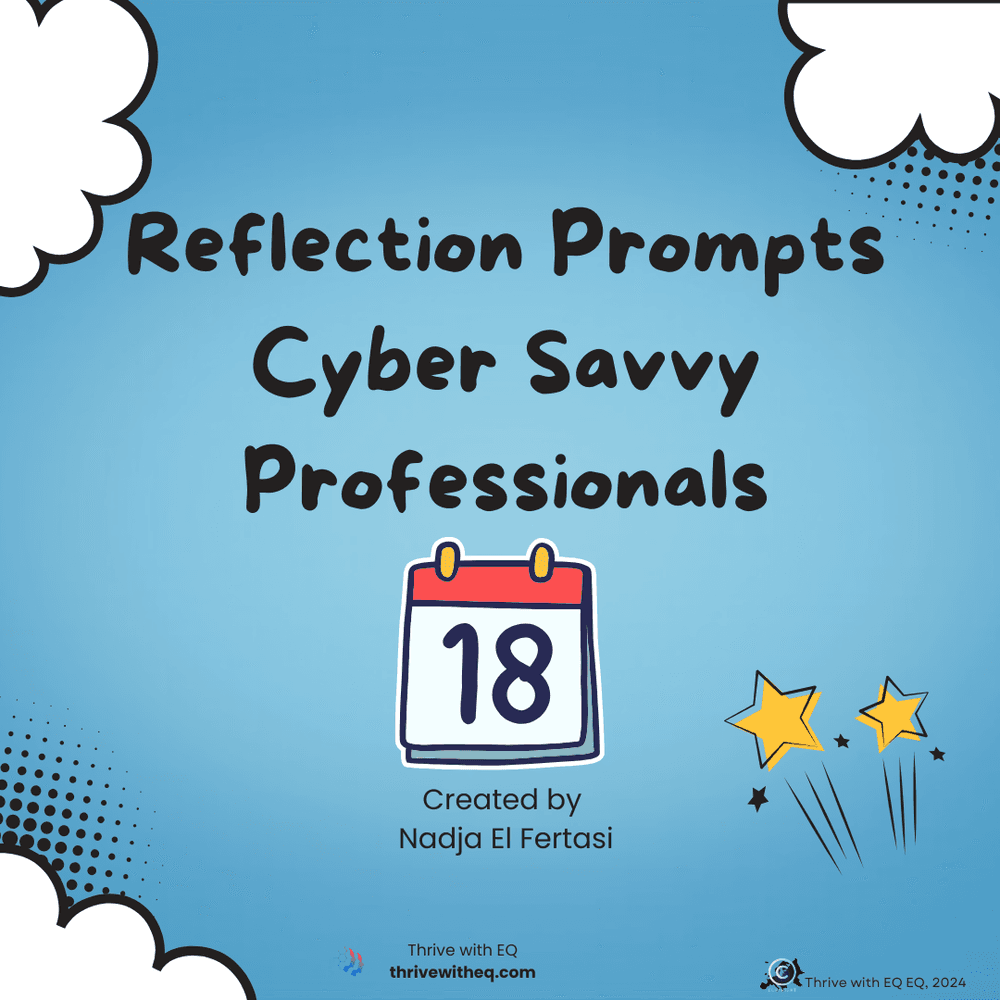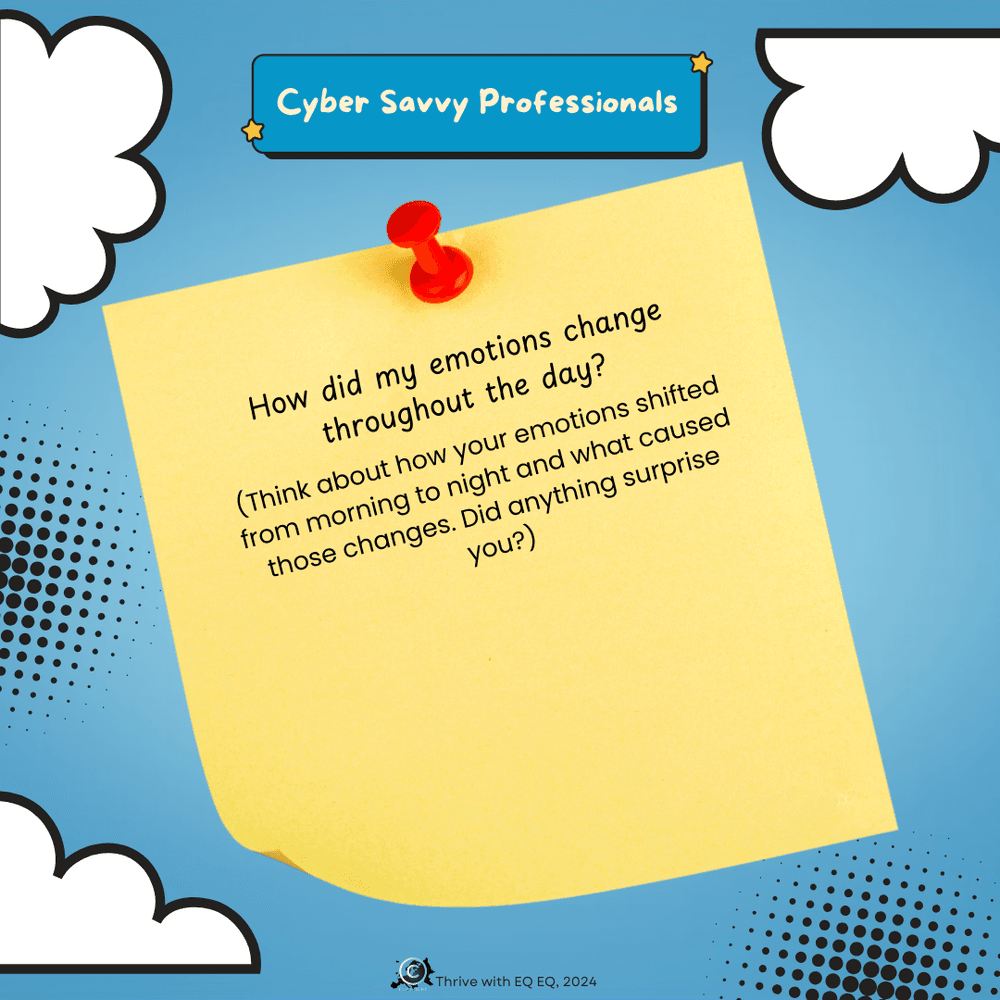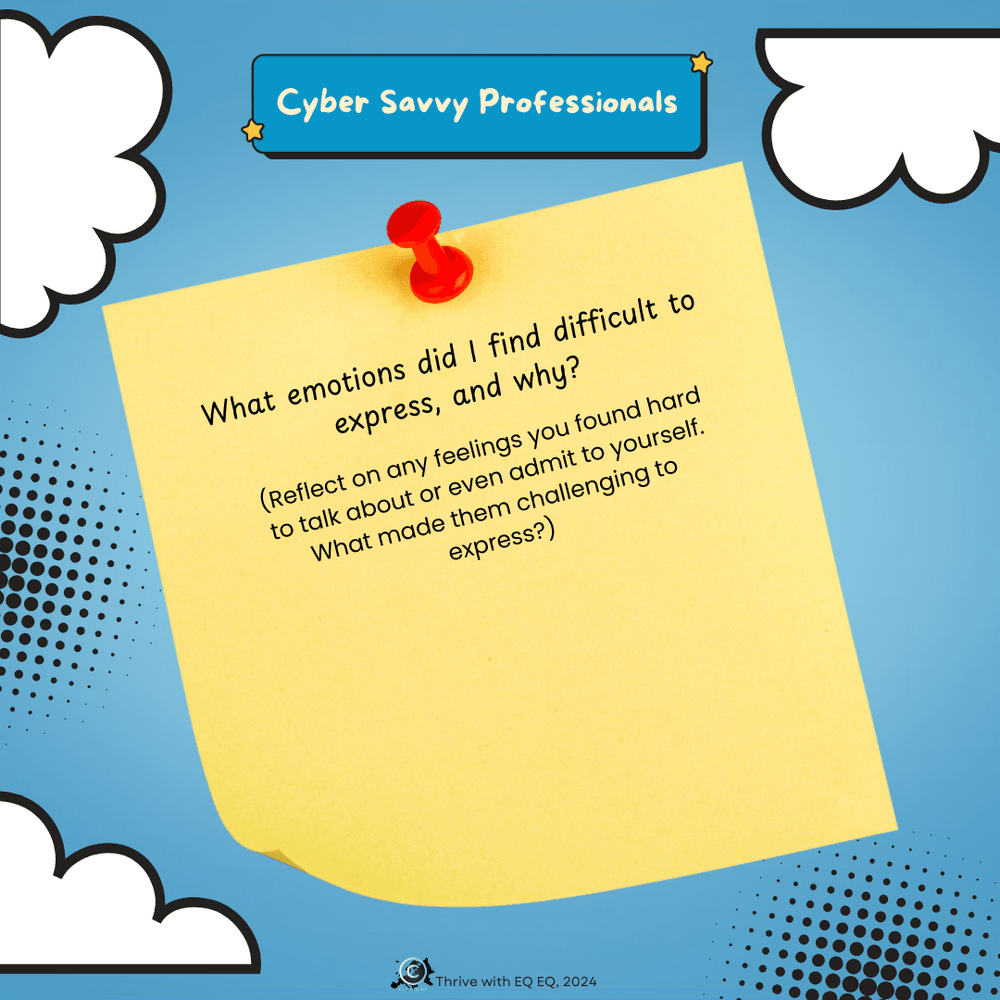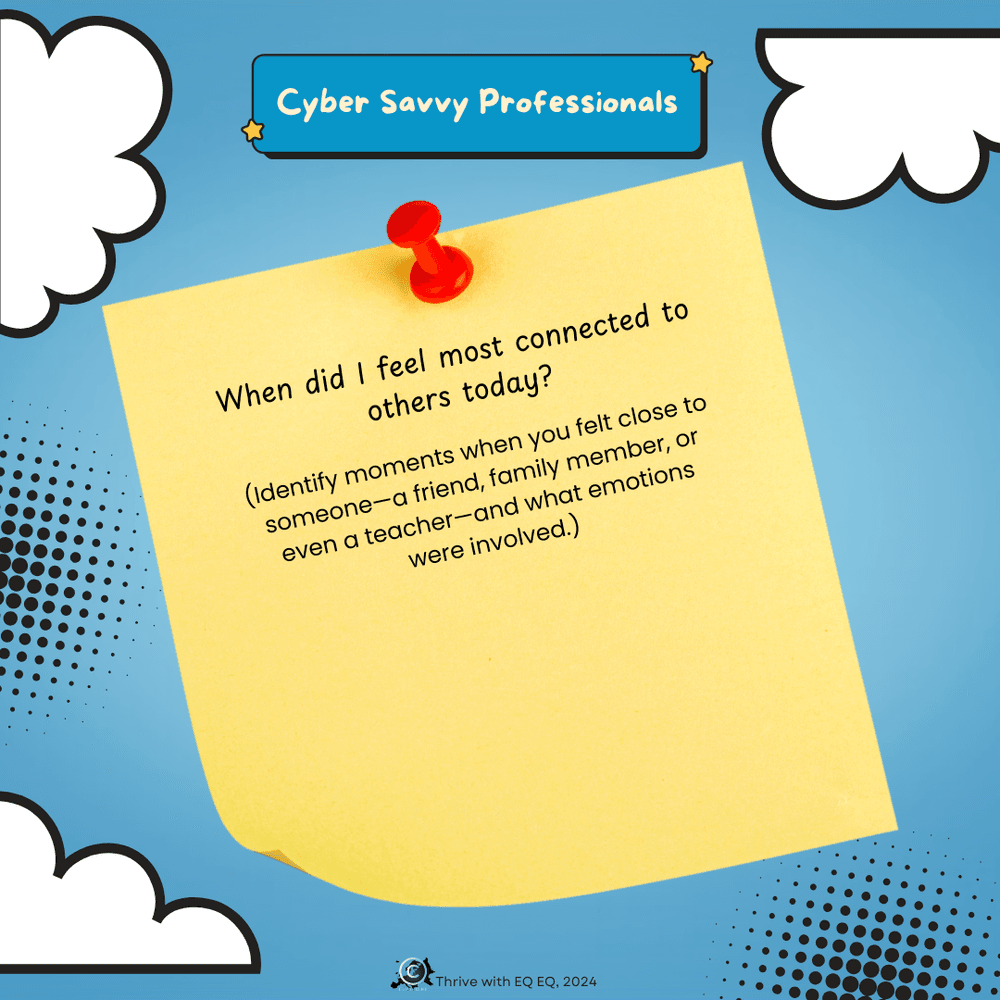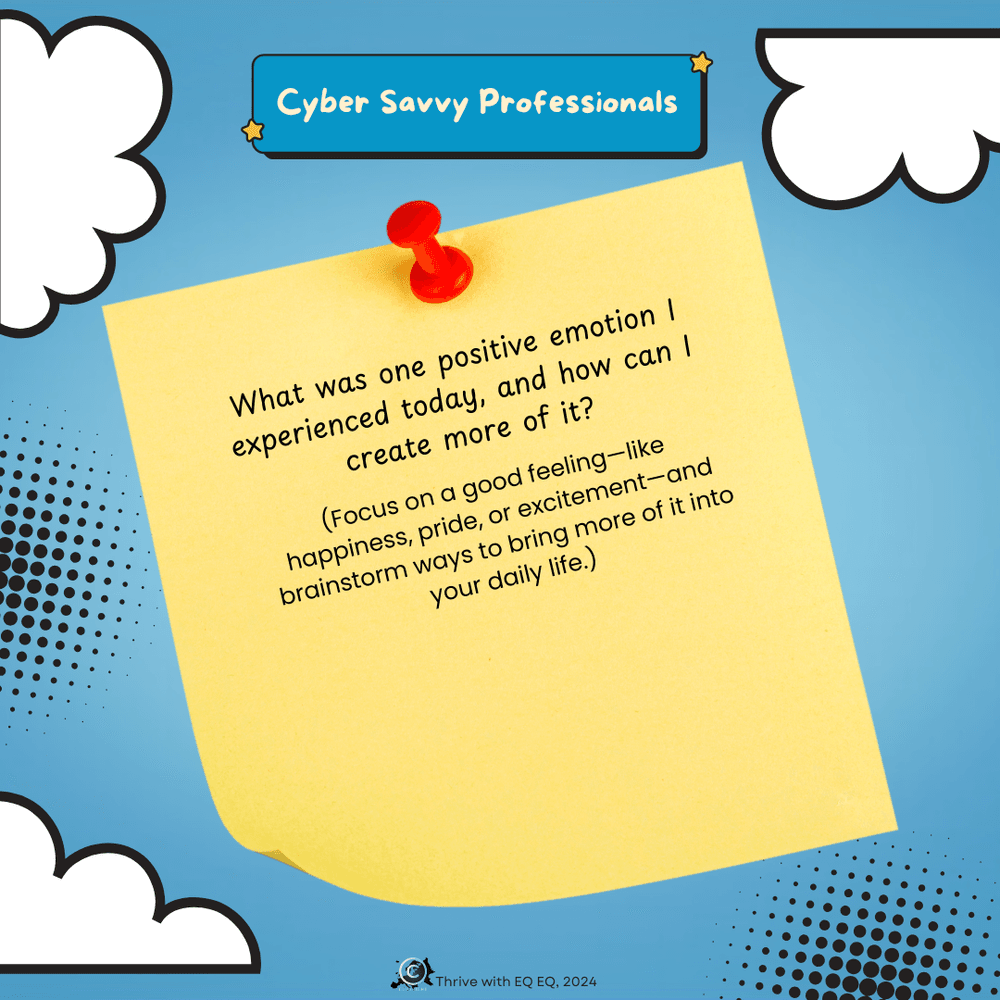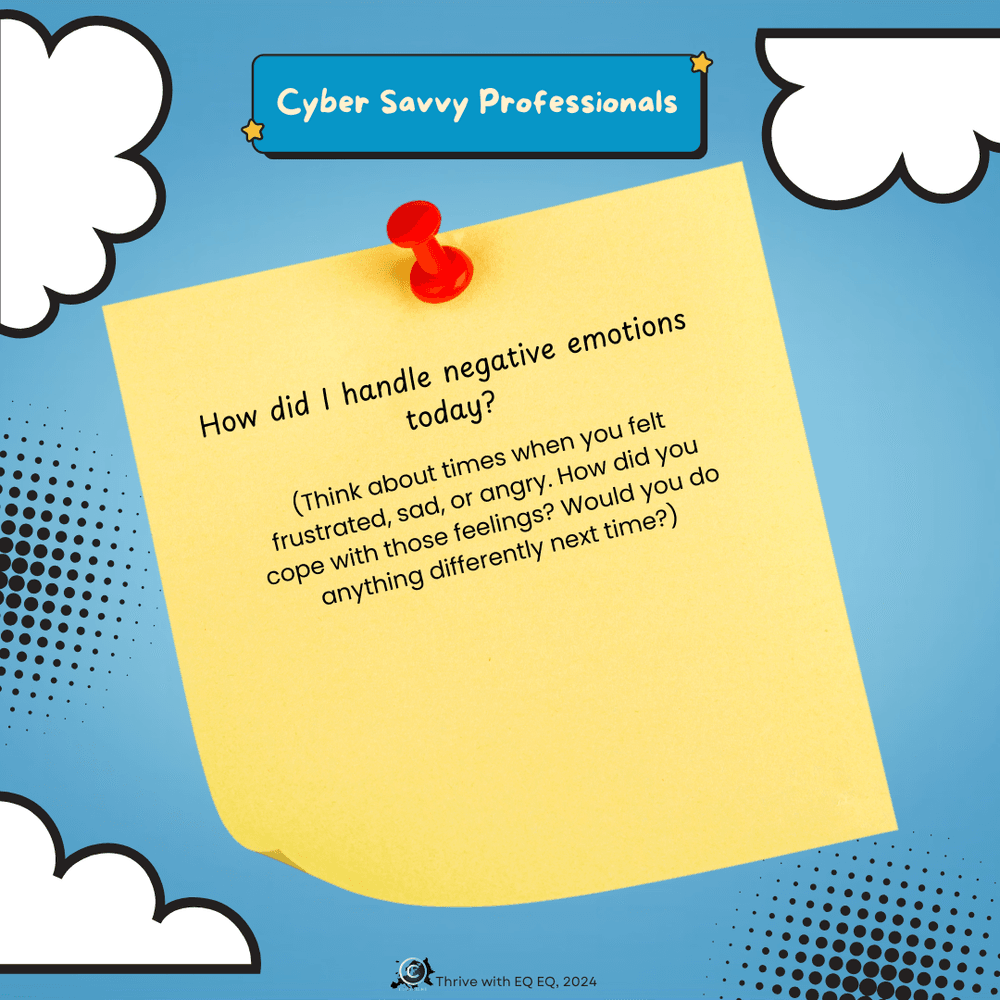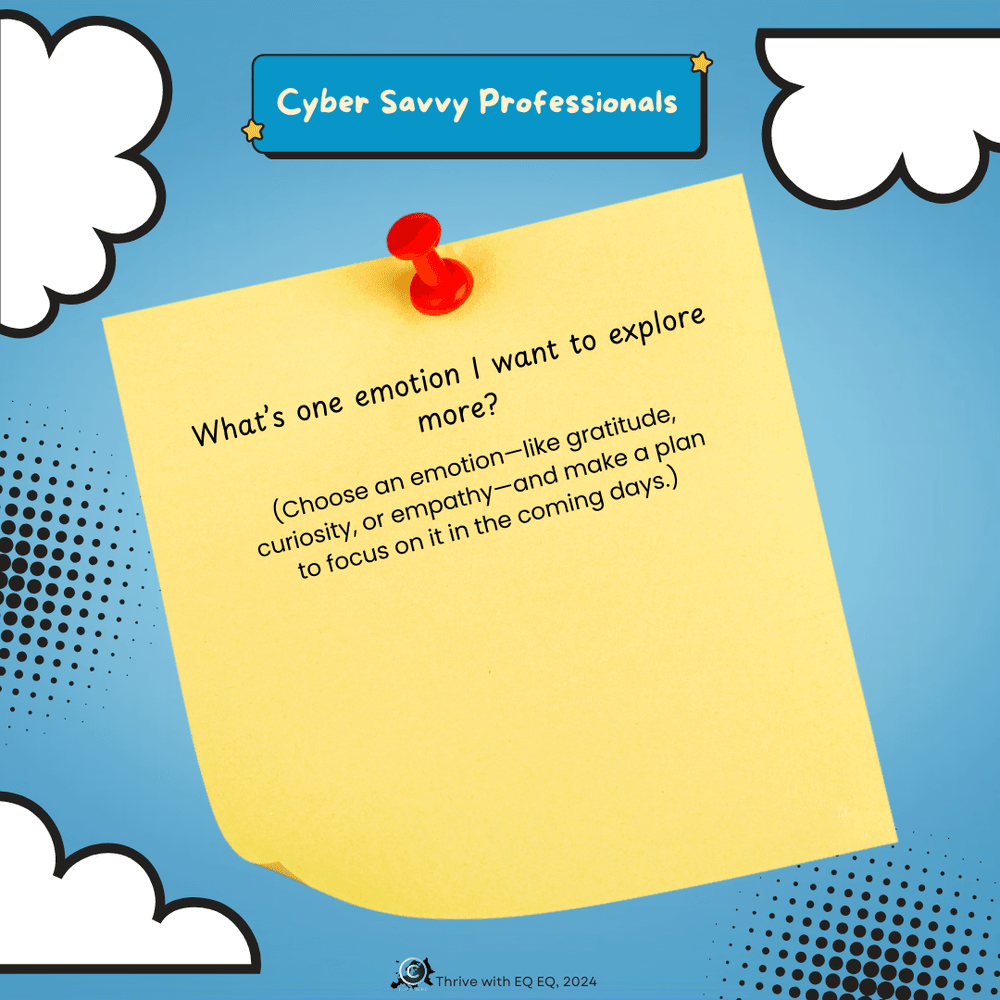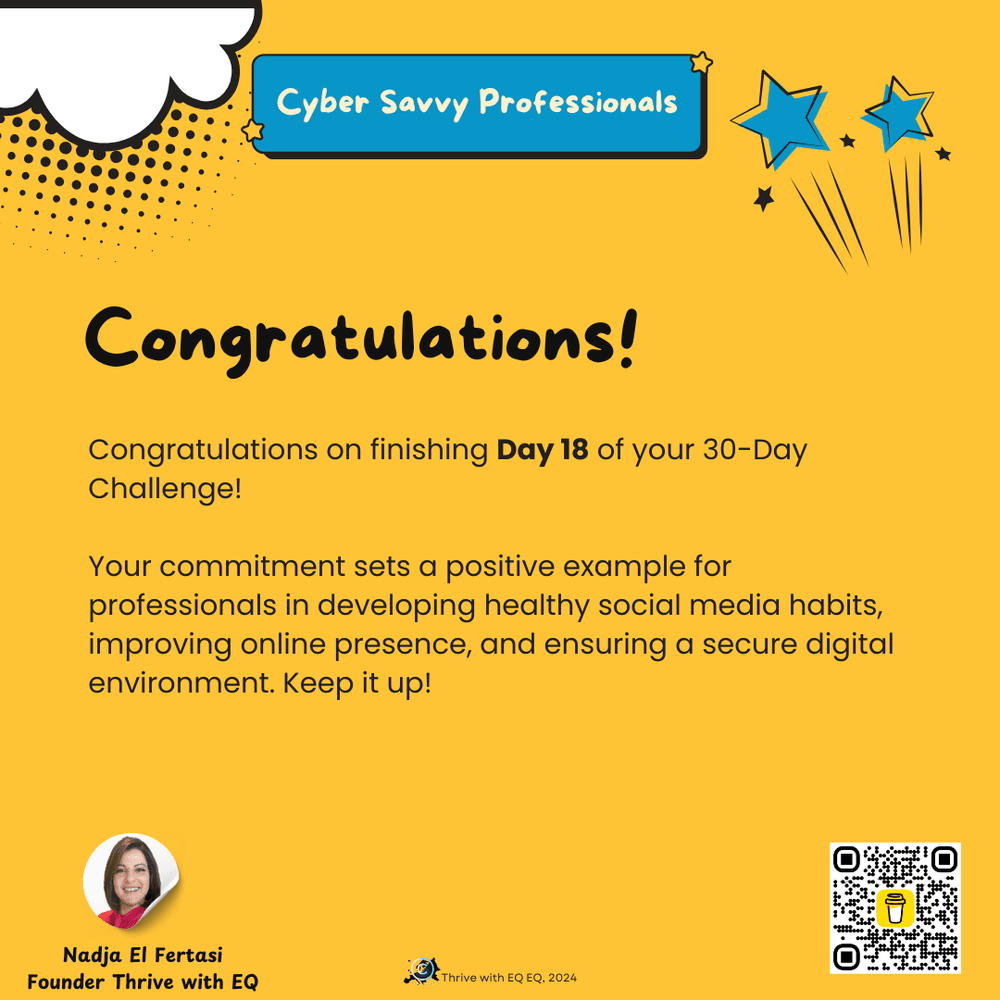Welcome back to Day 18 of your 30-Day Challenge to enhance your professional and personal well-being!
Today, we’re diving into a skill that’s critical in both the workplace and personal life: managing emotions in difficult situations.
Whether you’re dealing with a tight deadline, a challenging colleague, or a tense conversation at home, your ability to manage your emotions can make all the difference. Effective emotional management helps you stay calm, think clearly, and respond thoughtfully, no matter how intense the situation may be.
Steps to Manage Emotions:
1. Pause:
- In challenging situations, your first move should be to pause. Take a deep breath and allow yourself a moment to gather your thoughts. This brief pause can prevent an impulsive reaction that you might later regret.
2. Identify the Emotion:
- After pausing, ask yourself, "What am I feeling right now?" Is it frustration, anxiety, disappointment, or something else? Identifying the emotion gives you insight into what’s driving your response, enabling you to manage it more effectively.
3. Choose Your Response:
- Once you’ve identified the emotion, think about how you want to respond. Consider what will lead to the best outcome, whether it’s taking a break, addressing the issue directly, or finding a constructive outlet for your feelings. The goal is to act with intention rather than react out of emotion.
Practice Through Real-Life Scenarios:
To reinforce these skills, take a moment to reflect on recent situations at work or home where emotions ran high. How did you handle them? Could the pause, identify, and choose framework have helped? Consider role-playing potential scenarios with a colleague or loved one to practice these steps in a low-pressure environment.
The Benefits of Effective Emotional Management:
Mastering emotional management leads to more thoughtful decision-making, improved relationships, and reduced stress. It helps you navigate challenges with composure, ensuring that your responses are aligned with your values and goals. In the workplace, this skill is particularly valuable for maintaining professionalism, fostering collaboration, and achieving long-term success.
Action Item for This Week:
Identify a recurring challenge at work or in your personal life where emotions tend to escalate. Commit to applying the pause, identify, and choose framework the next time this situation arises. Reflect on how this approach affects your emotions, decisions, and outcomes.
By developing the ability to manage your emotions in difficult situations, you’re building a key aspect of emotional resilience. This skill not only enhances your effectiveness in the workplace but also contributes to a more balanced and fulfilling life.
Let’s keep refining these techniques as we move forward—see you tomorrow for Day 19 of the Emotional Firewalls Challenge!

